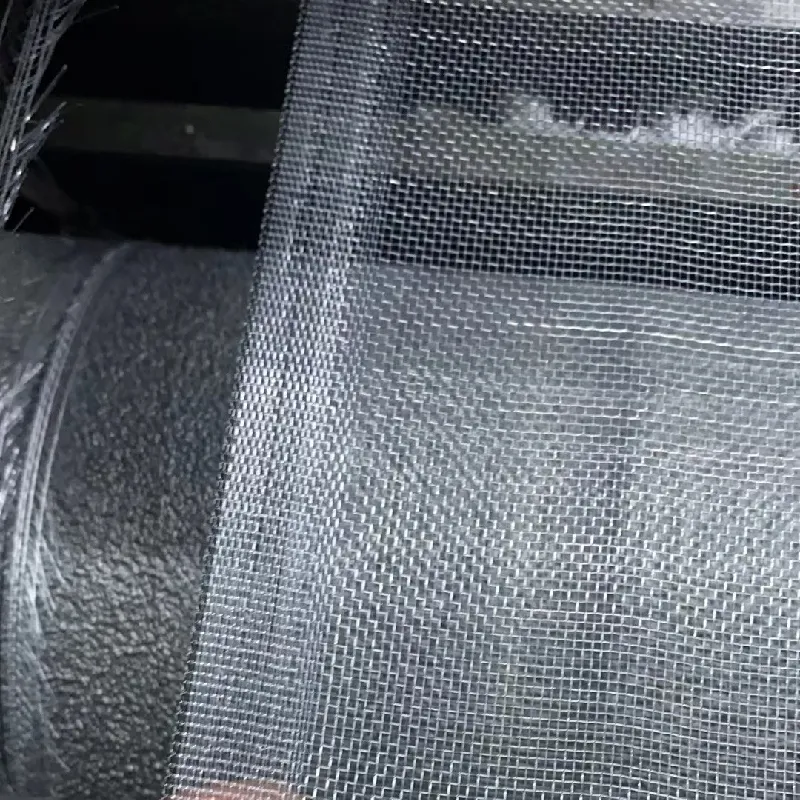-
 Afrikaans
Afrikaans -
 Albanian
Albanian -
 Amharic
Amharic -
 Arabic
Arabic -
 Armenian
Armenian -
 Azerbaijani
Azerbaijani -
 Basque
Basque -
 Belarusian
Belarusian -
 Bengali
Bengali -
 Bosnian
Bosnian -
 Bulgarian
Bulgarian -
 Catalan
Catalan -
 Cebuano
Cebuano -
 China
China -
 Corsican
Corsican -
 Croatian
Croatian -
 Czech
Czech -
 Danish
Danish -
 Dutch
Dutch -
 English
English -
 Esperanto
Esperanto -
 Estonian
Estonian -
 Finnish
Finnish -
 French
French -
 Frisian
Frisian -
 Galician
Galician -
 Georgian
Georgian -
 German
German -
 Greek
Greek -
 Gujarati
Gujarati -
 Haitian Creole
Haitian Creole -
 hausa
hausa -
 hawaiian
hawaiian -
 Hebrew
Hebrew -
 Hindi
Hindi -
 Miao
Miao -
 Hungarian
Hungarian -
 Icelandic
Icelandic -
 igbo
igbo -
 Indonesian
Indonesian -
 irish
irish -
 Italian
Italian -
 Japanese
Japanese -
 Javanese
Javanese -
 Kannada
Kannada -
 kazakh
kazakh -
 Khmer
Khmer -
 Rwandese
Rwandese -
 Korean
Korean -
 Kurdish
Kurdish -
 Kyrgyz
Kyrgyz -
 Lao
Lao -
 Latin
Latin -
 Latvian
Latvian -
 Lithuanian
Lithuanian -
 Luxembourgish
Luxembourgish -
 Macedonian
Macedonian -
 Malgashi
Malgashi -
 Malay
Malay -
 Malayalam
Malayalam -
 Maltese
Maltese -
 Maori
Maori -
 Marathi
Marathi -
 Mongolian
Mongolian -
 Myanmar
Myanmar -
 Nepali
Nepali -
 Norwegian
Norwegian -
 Norwegian
Norwegian -
 Occitan
Occitan -
 Pashto
Pashto -
 Persian
Persian -
 Polish
Polish -
 Portuguese
Portuguese -
 Punjabi
Punjabi -
 Romanian
Romanian -
 Russian
Russian -
 Samoan
Samoan -
 Scottish Gaelic
Scottish Gaelic -
 Serbian
Serbian -
 Sesotho
Sesotho -
 Shona
Shona -
 Sindhi
Sindhi -
 Sinhala
Sinhala -
 Slovak
Slovak -
 Slovenian
Slovenian -
 Somali
Somali -
 Spanish
Spanish -
 Sundanese
Sundanese -
 Swahili
Swahili -
 Swedish
Swedish -
 Tagalog
Tagalog -
 Tajik
Tajik -
 Tamil
Tamil -
 Tatar
Tatar -
 Telugu
Telugu -
 Thai
Thai -
 Turkish
Turkish -
 Turkmen
Turkmen -
 Ukrainian
Ukrainian -
 Urdu
Urdu -
 Uighur
Uighur -
 Uzbek
Uzbek -
 Vietnamese
Vietnamese -
 Welsh
Welsh -
 Bantu
Bantu -
 Yiddish
Yiddish -
 Yoruba
Yoruba -
 Zulu
Zulu
mesh steel screen
The Versatility and Applications of Mesh Steel Screens
Mesh steel screens have become an essential component in various industries due to their durability, versatility, and effectiveness in filtering and sorting materials. Made from high-quality stainless steel or carbon steel, these screens consist of interconnected wires woven together to form a mesh pattern. The resulting structure provides a robust and reliable solution for numerous applications.
One of the primary uses of mesh steel screens is in the field of construction and mining. In these industries, screens are utilized for sieving aggregates, separating different sizes of materials, and ensuring compliance with specific material specifications. The unique design of the mesh allows for optimal airflow and efficient drainage, making it ideal for use in concrete and asphalt plants. Additionally, in the mining sector, they help in the separation process, ensuring that valuable minerals are harvested while unwanted materials are discarded.
Another significant application of mesh steel screens is in the food processing industry. Here, they are employed for filtering liquids, sifting dry powders, and ensuring that the final products are free from contaminants. Stainless steel mesh screens, in particular, are favored due to their corrosion resistance and ease of cleaning, which are crucial for maintaining hygiene standards. The food industry relies heavily on these screens to meet strict regulatory requirements while ensuring product quality.
mesh steel screen

In the environmental sector, mesh screens play a pivotal role in water treatment facilities. They are used to filter pollutants and debris from wastewater, allowing for cleaner discharge into rivers and oceans. By preventing larger particles from entering sewer systems, these screens contribute significantly to preserving aquatic ecosystems. Furthermore, they are integral in recycling processes, aiding in the separation of recyclable materials from waste, thereby promoting sustainability.
The automotive sector also benefits from mesh steel screens, especially in the filtration of oil and fuel. Using these screens ensures that contaminants are kept at bay, enhancing the performance and longevity of automotive engines. Regular maintenance of these filtration systems, which rely on mesh screens, is crucial for the effective functioning of vehicles.
The versatility of mesh steel screens extends to decorative and architectural applications as well. They are increasingly being used in interior design and building facades, providing both aesthetic appeal and functional benefits. The ability of the screens to allow natural light while maintaining privacy makes them an attractive option for modern architectural projects.
In conclusion, mesh steel screens are invaluable tools that offer a wide array of applications across various industries, from construction and food processing to environmental protection and automotive filtration. Their strength, adaptability, and effectiveness make them a go-to solution for many filtering and sorting needs. As industries continue to innovate and seek sustainable practices, the demand for mesh steel screens is expected to grow, solidifying their place as a crucial component in modern technology and design.
-
Shipping Plastic Bags for Every NeedNewsJul.24,2025
-
Safety Netting: Your Shield in ConstructionNewsJul.24,2025
-
Plastic Mesh Netting for Everyday UseNewsJul.24,2025
-
Nylon Netting for Every UseNewsJul.24,2025
-
Mesh Breeder Box for Fish TanksNewsJul.24,2025
-
Expanded Steel Mesh Offers Durable VersatilityNewsJul.24,2025











